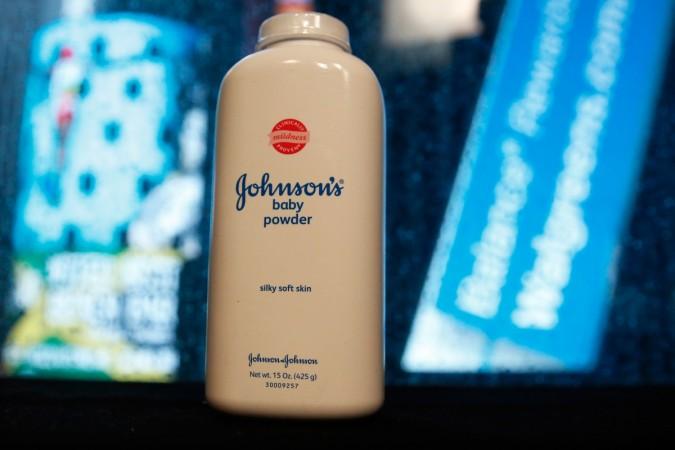
It seems problems for Johnson & Johnson (J&J), the American multinational medical devices, pharmaceutical and consumer packaged goods manufacturing company are far from over.
As when the company was trying to settle its faulty hip implants, an investigation by news agency shocked the world by revealing that the company's powder was sometimes tainted with carcinogenic asbestos and that J&J kept that information from regulators and the public. The reports sent the company's share price tumbling and within hours its market valuation was down by $40 billion.
In the latest development, India's federal drug regulator informed that it is considering the report published by the news agency. Speaking to the news agency Reuters, a spokeswoman for the Central Drugs Standard Control Organization (CDSCO) said that it is premature to say that whether a formal investigation would be ordered against J&J which is found in almost every home in India, a potential market of nearly 1.3 billion people.
K. Bangarurajan, a senior official at the CDSCO said that the samples were tested earlier but it was found that the powder was under the Indian standard. "We tested samples in 2016, but no such thing was found in them. The samples were found to be complying with Indian standards," she added. However, J&J was quick to dismiss the report and issued a statement on Friday and said the said that the report "is one-sided, false and inflammatory."
"Johnson & Johnson's baby powder is safe and asbestos-free," the statement read. It further added that "Studies of more than 100,000 men and women show that talc does not cause cancer or asbestos-related disease. Thousands of independent tests by regulators and the world's leading labs prove our baby powder has never contained asbestos."
In a shocking investigation carried out by J&J, Reuters examined many company memos, internal reports and other confidential documents, as well as deposition and trial testimony and revealed that from at least from 1971 to the early 2000s, the company's raw talc and finished powders in some instances tested positive for small amounts of asbestos. Moreover, the company continued to hide the development from the regulators and public.

















